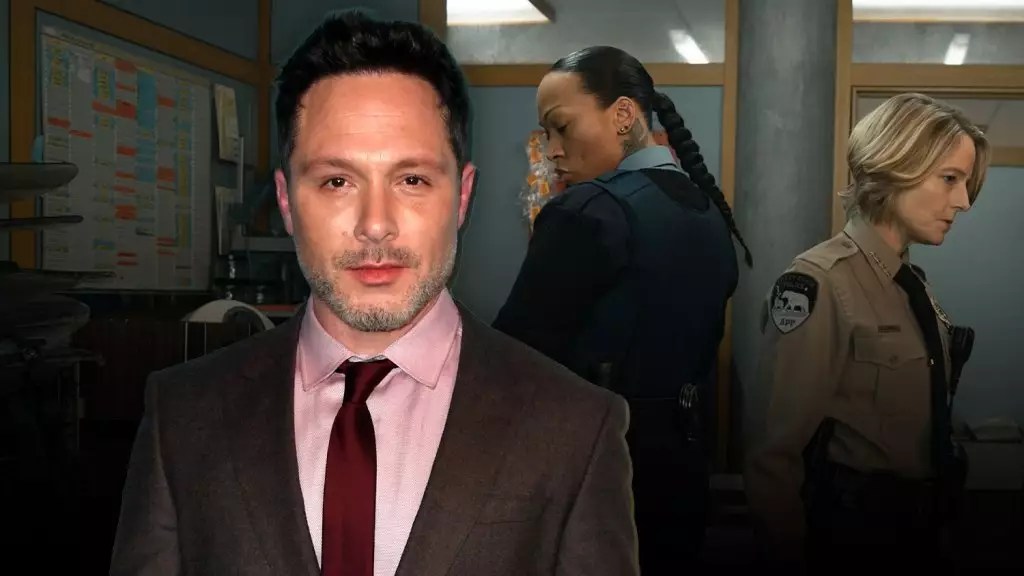Publicly criticizing your own work can have significant consequences, as seen in a recent incident involving Nic Pizzolatto, the creator of the True Detective franchise. Pizzolatto’s negative comments about Season 4 of the show led to backlash and controversy on social media. This situation serves as a cautionary tale for creators who may be tempted to air their grievances publicly.
Following the finale of True Detective: Night Country, Pizzolatto took to social media to express his dissatisfaction with the show. He created an Instagram post where viewers could share their thoughts, both positive and negative, about the season. However, his tone was dismissive and confrontational, leading to a wave of criticism from fans and followers.
In response to the negative comments, Pizzolatto defended his work and lashed out at his critics. He dismissed accusations of spreading hate and made snarky remarks in an attempt to deflect the backlash. This approach only served to escalate the situation and further alienate his audience.
Publicly criticizing your own work can damage your reputation as a creator. Pizzolatto’s comments not only drew ire from fans but also painted him in a negative light in the eyes of the entertainment industry. It is essential for artists to consider the potential consequences of their words and actions on their career and public image.
Creators should be mindful of how they engage with their audience, especially when facing criticism. Responding defensively or with hostility can backfire and harm your reputation. It is crucial to approach feedback with openness and humility, acknowledging both praise and constructive criticism with grace and professionalism.
The incident involving Nic Pizzolatto serves as a cautionary tale for creators who are tempted to publicly criticize their own work. It is essential to handle feedback and criticism with care, understanding the potential impact on your reputation and relationships with your audience. By approaching criticism with humility and grace, creators can maintain a positive public image and foster a supportive and engaged fan base.


Leave a Reply